Split Rail Fencing for Property Boundaries
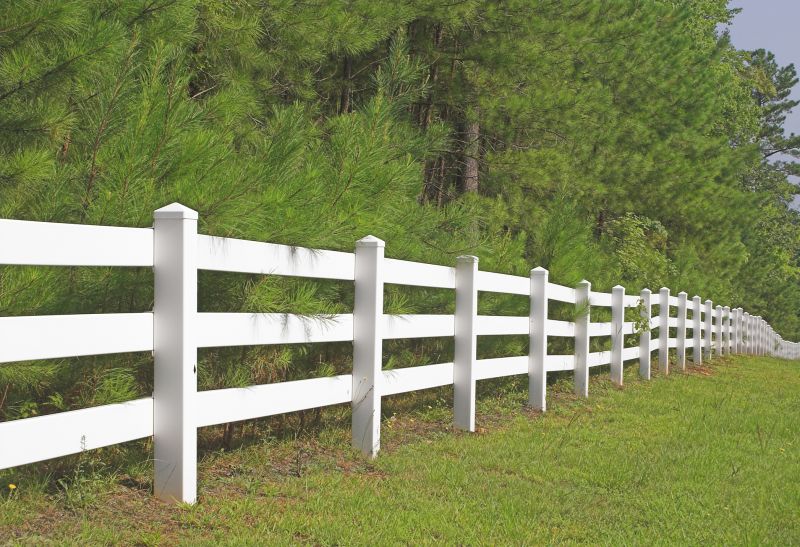
Spring is ideal for installing split rail fencing due to moderate weather and soil conditions.
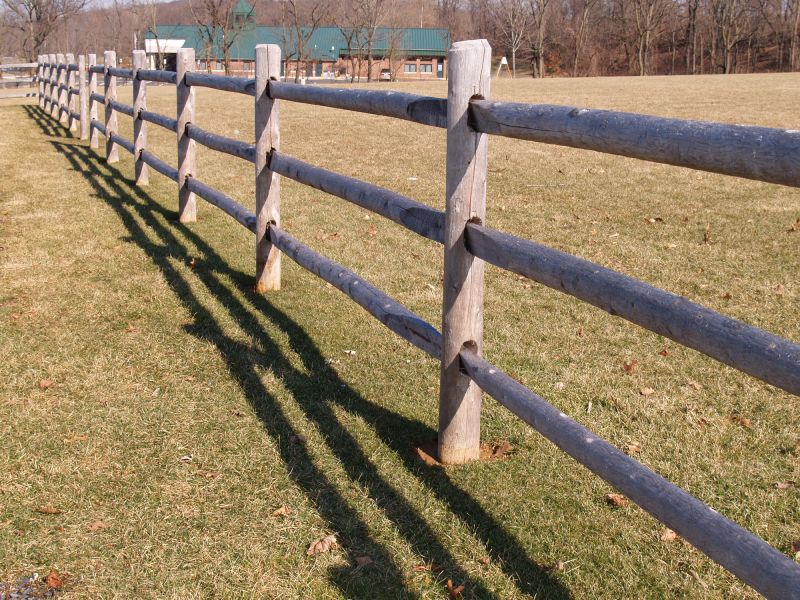
Summer offers longer daylight hours, but high temperatures can affect installation and wood drying.
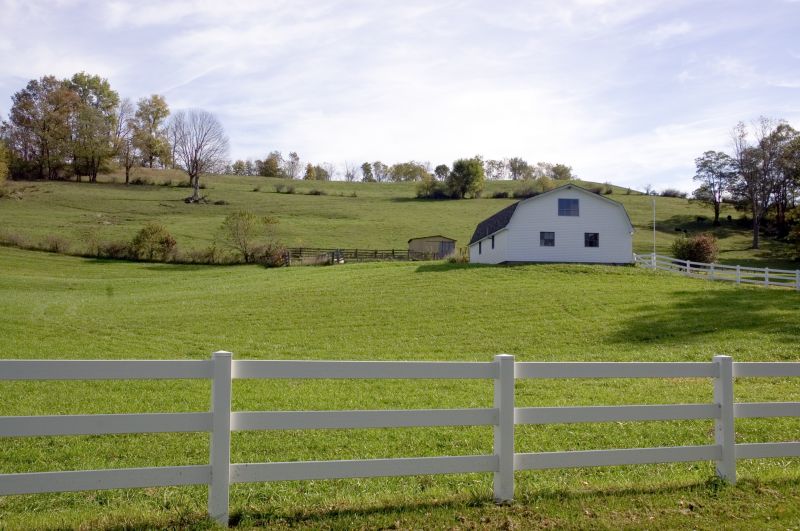
Fall provides cooler temperatures and less moisture, making it suitable for fencing projects.
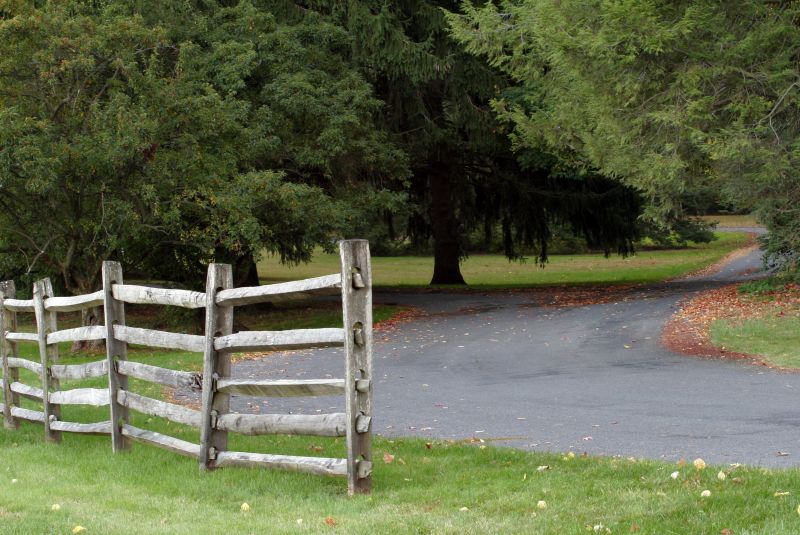
Ways to make Split Rail Fencings work in tight or awkward layouts.
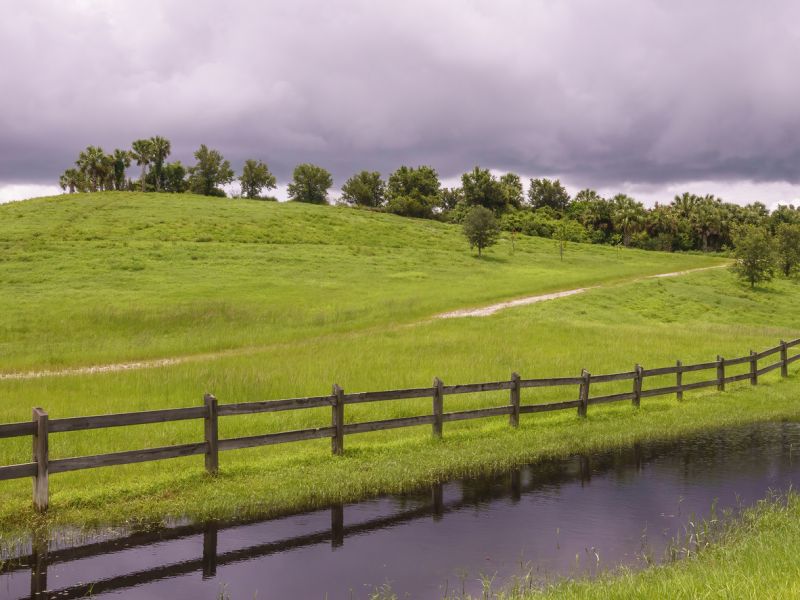
Popular materials for Split Rail Fencings and why they hold up over time.
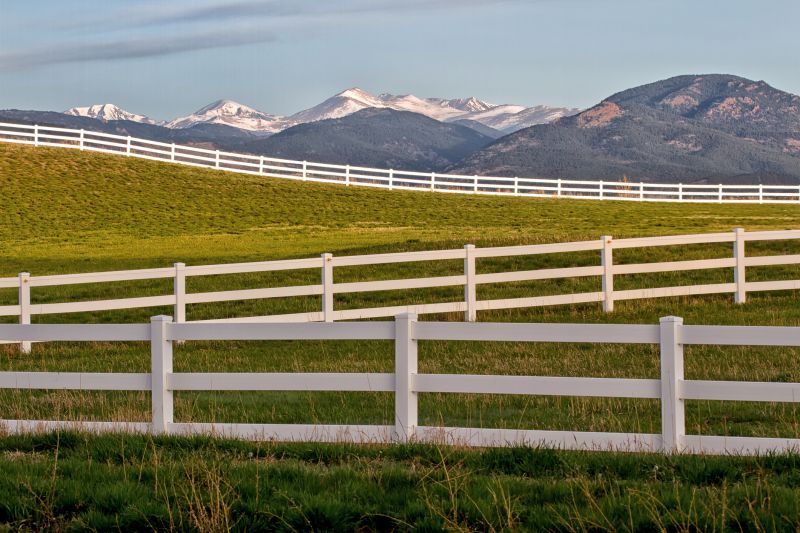
Simple add-ons that improve Split Rail Fencings without blowing the budget.
Split rail fencing is a traditional fencing style characterized by horizontal rails supported by vertical posts. It is often used for defining property boundaries, containing livestock, or enhancing landscape aesthetics. This fencing type is valued for its rustic appearance, ease of installation, and minimal maintenance requirements. It is typically made from wood such as cedar, pine, or oak, which are naturally durable and weather-resistant.
Statistics show that split rail fences can last for decades when properly maintained, with cedar fences often enduring 20-30 years. The installation process involves setting posts at regular intervals and attaching horizontal rails, which can be done manually or with machinery. The choice of timing for installation depends on weather conditions, as wet or frozen ground can complicate setting posts and affect the integrity of the fence.

Various designs allow customization to match landscape and functional needs.

Common materials include cedar, pine, and oak, chosen for durability and appearance.

Easy installation, rustic aesthetic, and low maintenance are key benefits.
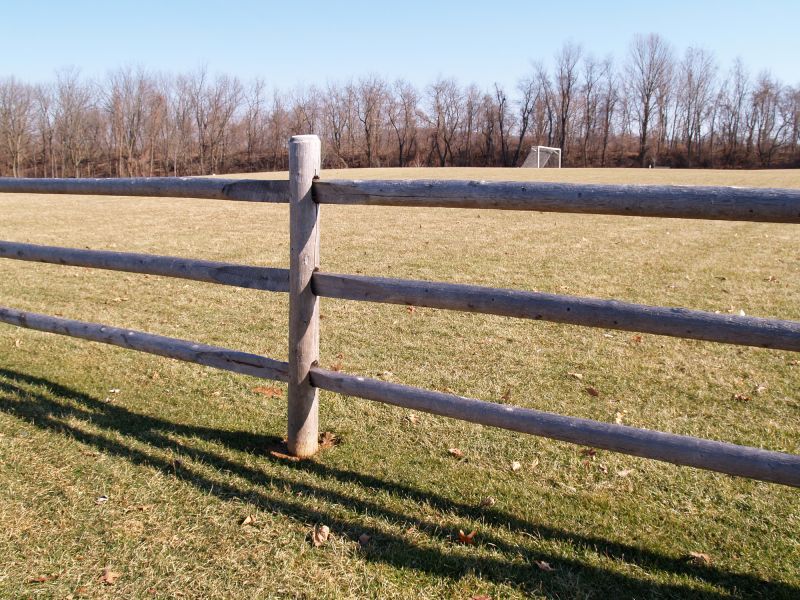
Standard heights range from 3 to 4 feet, with rails spaced accordingly.
| Factor | Details |
|---|---|
| Optimal Season | Spring, Fall |
| Weather Considerations | Avoid installation during heavy rain or frozen ground |
| Soil Conditions | Moderate moisture levels preferred |
| Material Handling | Wood should be dry and stored properly |
| Project Duration | Depends on size; typically a few days to weeks |
High-end options that actually feel worth it for Split Rail Fencings.
Finishes and colors that play nicely with Split Rail Fencings.
Little measurements that prevent headaches on Split Rail Fencings day.



